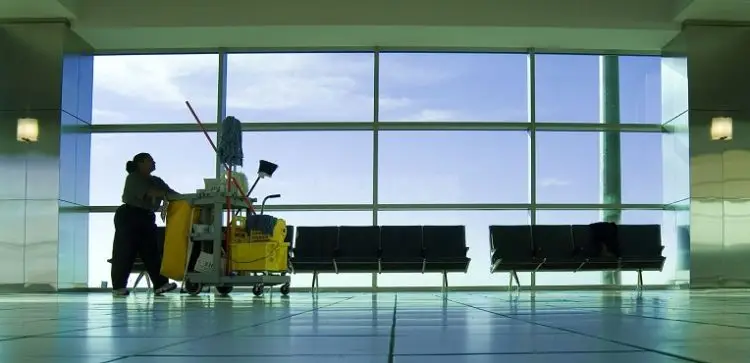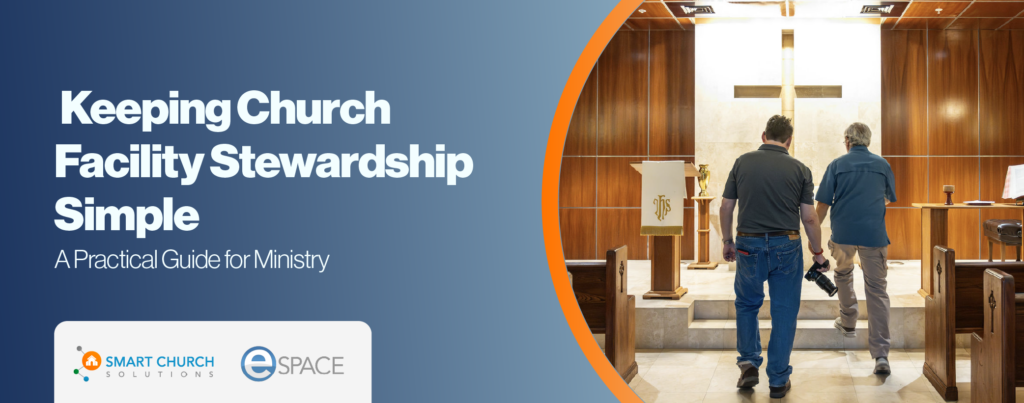The past several months have been quite a challenge. We have experienced a situation that none of us has witnessed previously…and it is not over yet.
As with every life event, we can either squander the experience or learn from it. I believe the latter is more prudent. To have walked through any circumstance and ignore the lessons that could be gleaned from it is a complete waste. God gave us minds to learn, not to sleepwalk through life.
Considering that, here are three questions I encourage you to reflect on that challenged me after listening to a teaching by Andy Stanley:
- What have I learned?
- What have we learned?
- What do we want to carry forward?
Andy referenced a section of a C.S. Lewis book, The Problem of Pain, in which he talks about how we react and want to change after a sudden, painful situation, “but once the threat is withdrawn” we revert back to our old ways.
C.S. Lewis explains one important reason why we experience tribulations in this life:
My own experience is something like this. I am progressing along the path of life in my ordinary, contentedly fallen and godless condition, absorbed in a merry meeting with my friends for the morrow or a bit of work that tickles my vanity today, a holiday or a new book, when suddenly a stab of abdominal pain that threatens serious disease, or a headline in the newspapers that threatens us all with destruction, sends this whole pack of cards tumbling down. At first, I am overwhelmed, and all my little happinesses look like broken toys. Then, slowly and reluctantly, bit by bit, I try to bring myself into the frame of mind that I should be in at all times. I remind myself that all these toys were never intended to possess my heart, that my true good is in another world and my only real treasure is Christ. And perhaps, by God’s grace, I succeed, and for a day or two become a creature consciously dependent on God and drawing its strength from the right sources. But the moment the threat is withdrawn, my whole nature leaps back to the toys: I am even anxious, God forgive me, to banish from my mind the only thing that supported me under the threat because it is now associated with the misery of those few days. Thus, the terrible necessity of tribulation is only too clear. God has had me for but forty-eight hours, and then only by dint of taking everything else away from me. Let Him but sheathe that sword for a moment, and I behave like a puppy when the hated bath is over—I shake myself as dry as I can and race off to reacquire my comfortable dirtiness, if not in the nearest manure heap, at least in the nearest flower bed. And that is why tribulations cannot cease until God either sees us remade or sees that our remaking is now hopeless.
We, as humans, too often change for a moment—especially during painful times. But once the threat is withdrawn is another story. That is the crux behind the third question particularly: What do we want to carry forward? What have we learned that should continue—that should replace previous behaviors, means, methods and ways of doing things
What does any of this have to do with stewarding our worship and ministry facilities? How should this impact the way we handle facility maintenance, management and stewardship? (P.S. Those are all actually the same thing—just saying).
Let me outline some practical ways of overcoming challenges like COVID-19 and almost any other trial. There are some key steps:
1. Define the issues and problems.
You cannot address substantive change without first facing reality. If you have read the best-selling book, Good to Great, by Jim Collins, you will recognize this principle as part of the Stockdale Paradox. Leaders (yes, even leaders of facilities) must first face the reality of what is in front of them. Period!
2. Focus on the real issue and not just the symptoms.
It is far too easy to talk about signs and speculate, which often takes us off task and derails intentional problem solving.
3. Develop ideas to solve the problem.
4. Apply techniques to promote those ideas.
5. Adopt the techniques and key success factors.
6. Reflect on the steps to learn from the process.
7. Repeat. Do not slip back into the same-old-same-old the moment the threat is withdrawn.
For far too long, church leaders have focused on the urgent and not taken the steps needed—even after painful experiences—to ensure significant long-term change. I have watched churches, who did not plan for the inevitable cost impact of capital renewal, scramble to pay for a piece of equipment and then still fail to start saving for the life cycle. For instance, we know that HVAC units will last 15-18 years (not talking about chillers or boilers at this point). If you did not start to annually save 1/15th of the future replacement cost of that unit 15 years ago, you will have a painful reality facing you and your church. That pain may be the discomfort of no air conditioning for several weeks, coupled with a bill for $40-50,000. Unfortunately, we often get through that pain only to revert back to our old ways and not begin saving for the next 15 years. That is not prudent. That is not wisdom. That is not stewardship.
Let me leave you with one more quote: “Oh yes, the past can hurt, but the way I see it you can either run from it or learn from it.” – Rafiki in “The Lion King”
How will you address challenges based on what the past has taught you? We are counting on you!








